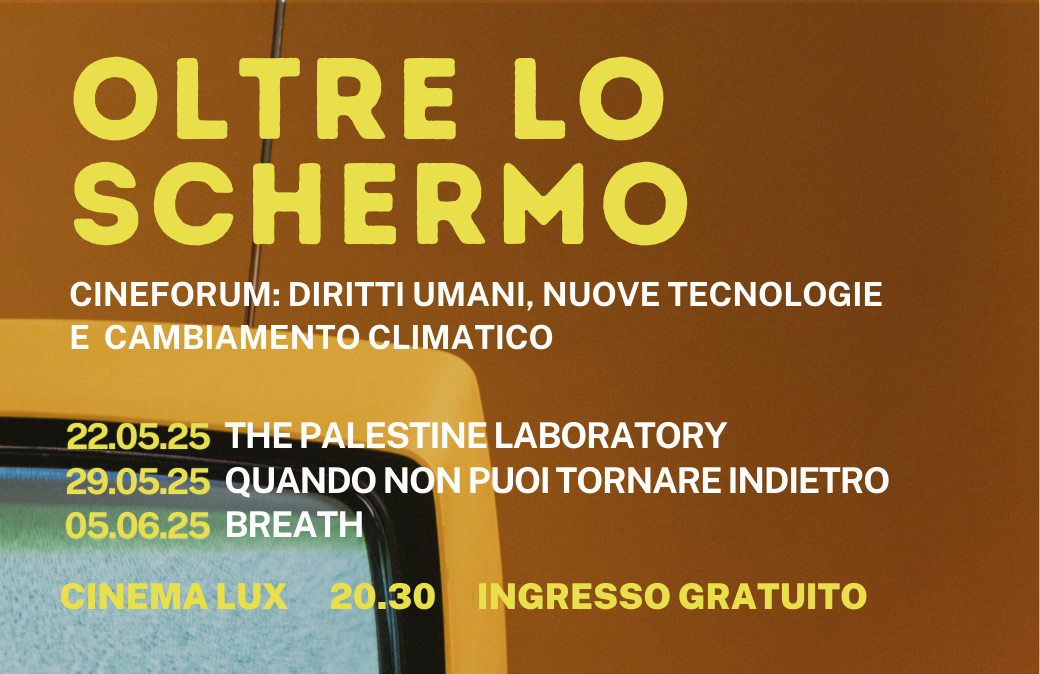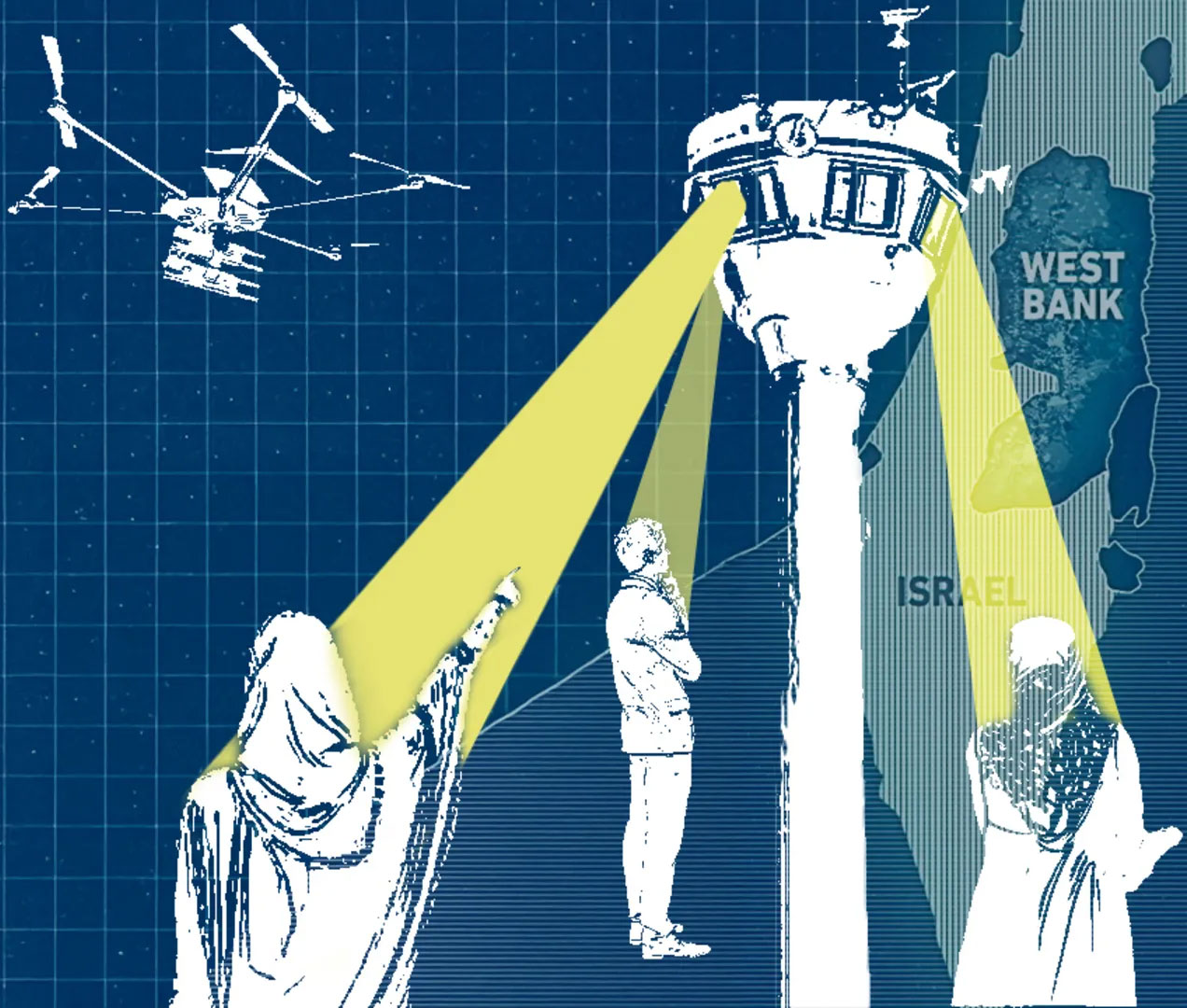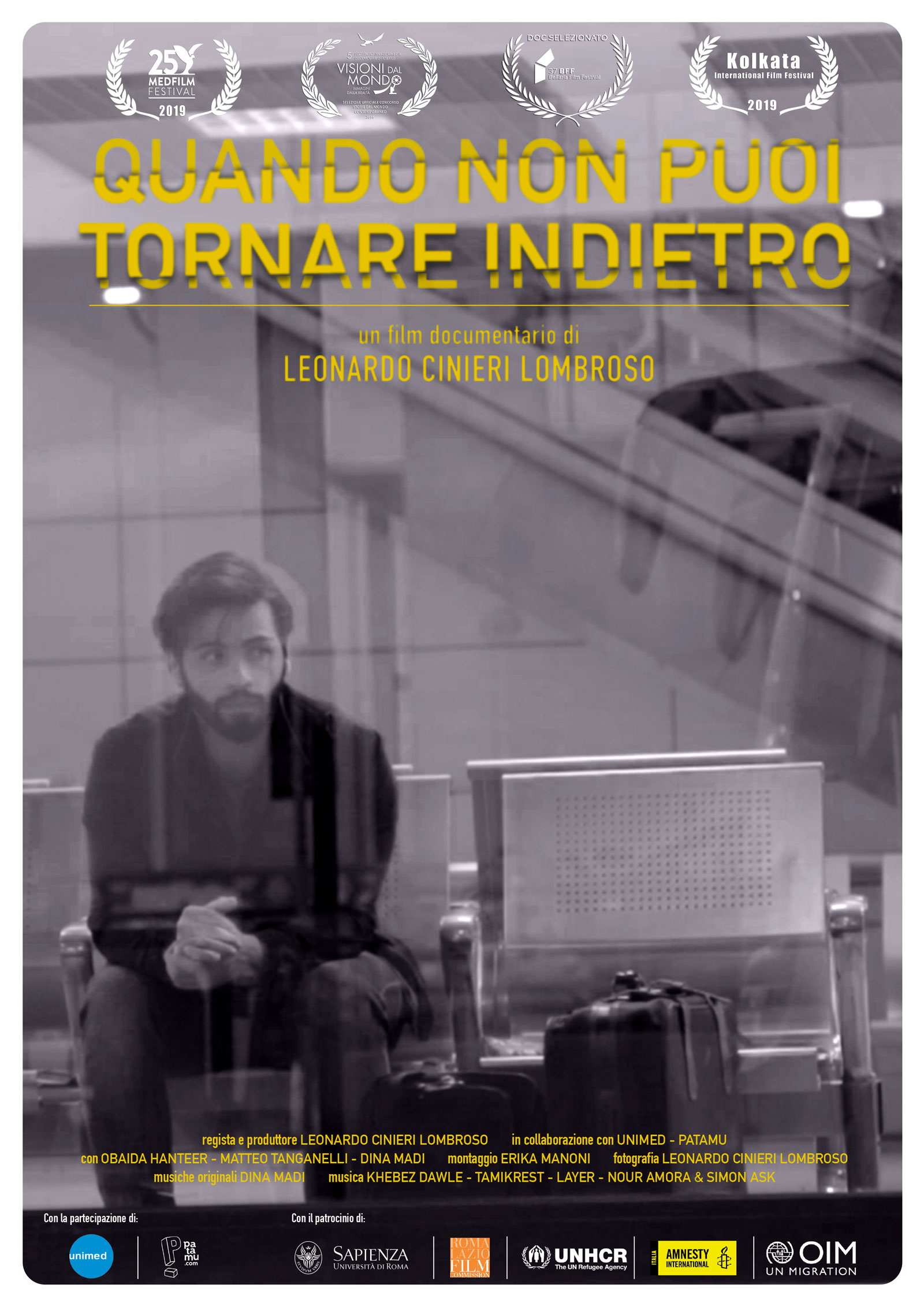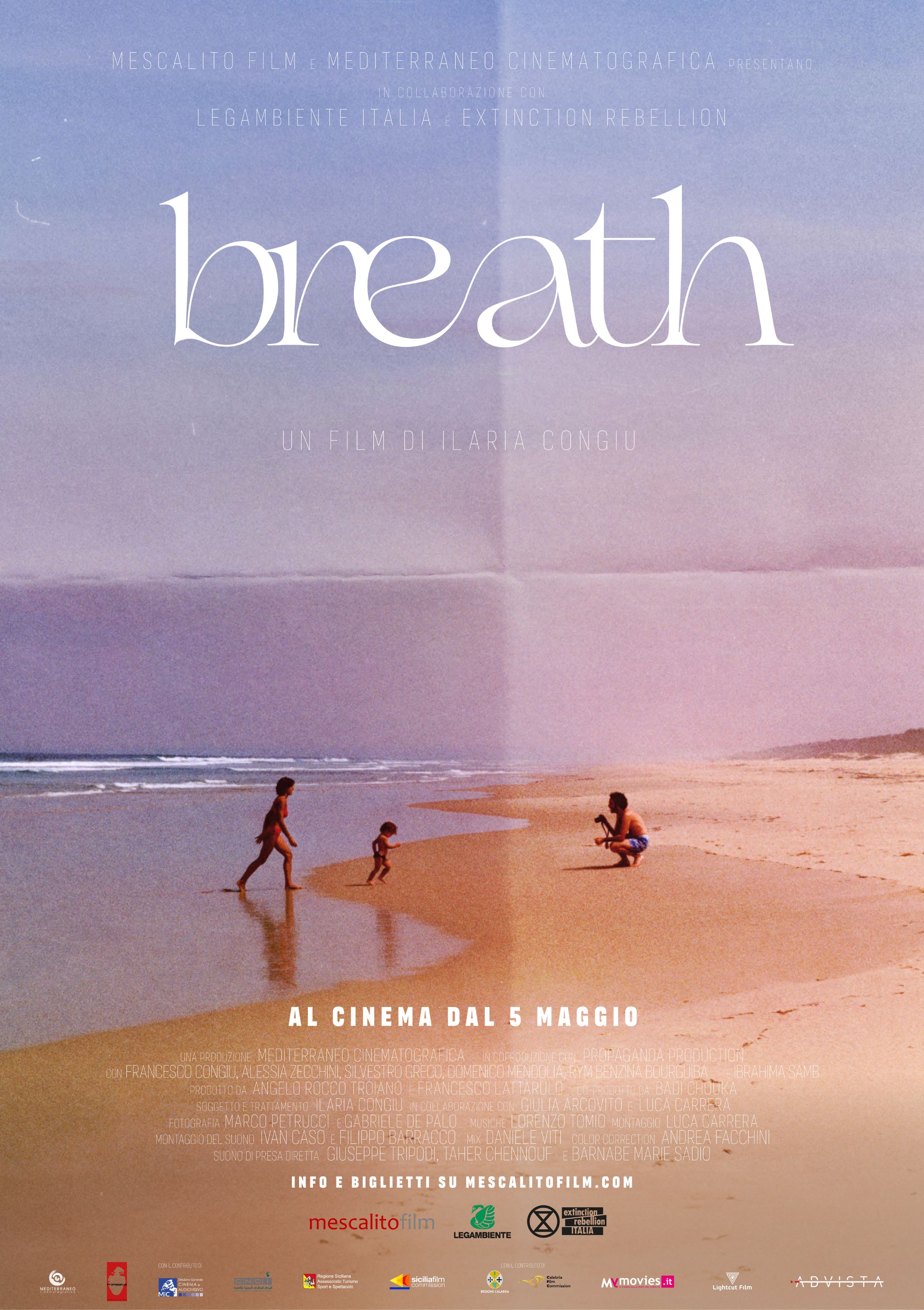-
Event date: Thursday 22, 29 May, and 5 June, 2025
-
Time: Screening start 8.30 pm
-
Venue: Cinema Lux, Viale Felice Cavallotti, 9 - Padova

The Human Rights Center "Antonio Papisca", the Laboratory of GIScience and Drones for Good (D4G) of the Department of Civil, Environmental and Architectural Engineering (ICEA), and the Digital Learning and Multimedia Office (DLM) of the University of Padova organise a series of three meetings dedicated to the screening of documentary films and discussions in the presence of experts and directors at Cinema Lux, Viale Felice Cavallotti 9, Padova, on May 22 and 29, and June 5, 2025, World Environment Day, at 8:30 pm. The events, in collaboration with Osteria Volante APS, GISHUB Association - GIScience for Humanity, Urban space and Biosphere APS, and Arqus European University Alliance, are free and open to the academic community of the University of Padua and to the public.
Human rights, the environmental crisis, forced migrations, and rapid technological progress are just some of the global challenges that characterise our present. Frequent environmental disasters and the progressive destruction of ecosystems, the gradual erosion of international law and continuous violations of fundamental rights fueled by a climate of impunity and oppression, the unstoppable growth of the population forcibly displaced from their territories, too often destined for a future of marginalization and uncertainty, and, furthermore, the underestimated consequences of the rapid development of new digital technologies and artificial intelligence, now at the service of dystopian and homicidal security ideologies, testify to the urgency of looking critically at the reality that surrounds us, questioning it and imagining possible alternatives.
In recent years, numerous measures have been taken at local, national, and international levels that can serve as starting points for thinking differently about our societies. Resolution 79/L.77 on lethal autonomous weapons, capable of acting without direct human intervention, adopted by the United Nations General Assembly in 2024, confronts us with the need to reason about the purposes for which certain technologies are being developed and what kind of society they reflect.
The launch of projects such as University Corridors for Refugee Students (UNICORE) and UNIPD 4 Students at Risk at the University of Padova, which aim to ensure access to university studies for refugees, show the existence of other approaches to managing the phenomenon of forced migration.
Finally, the 2021 resolution 48/13 of the United Nations Human Rights Council, which led to the recognition of the need to live in a safe, clean, healthy, and sustainable environment as a human right, and the fundamental principles of environmental protection, biodiversity, and ecosystems, added to Article 9 of the Italian Constitution in 2022, represent tools through which to question the human-environment relationship.
What these initiatives suggest is the need to return, in addressing today's challenges, to a human rights-based approach that no longer centers on the political and economic interests of nation-states, but on the dignity, respect, and protection of people and the environment.
Programme
New technologies
Thursday 22, May 2025, h 8.30 pm - free entry
The Palestine Laboratory
by Antony Loewenstein (2025, 48’)

Synopsis
Israel, the 97th country by population, is the ninth largest arms dealer in the world with a $13bn military-industrial complex. Antony Loewenstein returns to Israel to investigate how cutting-edge military and surveillance technology is being used on Palestinians in the occupied West Bank and the Gaza Strip, before being marketed to international clients as “field-proven” and “battle-tested”. Hearing from Palestinians and Israelis, he uncovers how a pipeline of personnel and research from the Israeli army feeds into semi-private arms companies which form a crucial part of Israel’s exports to the world. He also investigates the Israeli army’s use of targeting systems that utilise artificial intelligence during the Gaza war after October 7, 2023.
Participating in the discussion
Antony Loewenstein, director and freelance journalist (video-recorded speech)
Samuele Fratini, PhD Student in Social Sciences. Interactions, Communication, Cultural Constructions, Department of Philosophy, Sociology, Education and Applied Psychology, University of Padova and Università della Svizzera Italiana (USI)
Trailer
Human Rights
Thursday 29, May 2025, h 8.30 pm - free entry
Quando non puoi tornare indietro
by Leonardo Cinieri Lombroso (2019, 65’)

Synopsis
Among the passengers at Fiumicino airport, there’s Obaida, a bright engineering student who miraculously arrives in Rome thanks to a scholarship. He used to dream of becoming a singer but the war changed his priorities. Obaida is on his own, his family remained in Syria. When everything is lost, starting over seems impossible. But life never ceases to surprise Obaida: He will sing at “The Voice”, he will graduate with honors and his path will cross other lives and stories. Though he looks lost at the airport arrivals, Obaida seems to know where to go despite not knowing the way.
Participating in the discussion
Leonardo Cinieri Lombroso, director
Elisa Gamba, PhD Student in "Human Rights, Society, and Multi-level Governance", Human Rights Center, University of Padova
Margherita Colonnello, Municipality of Padova Councillor
Matteo Bassoli, Associate Professor, Department of Political Law and International Studies (SPGI), University of Padova, and co-founder of Refugees Welcome Italy
Initiative organised in collaboration with Arqus European University Alliance.
Trailer
Climate change
Thursday 5, June 2025, h 8.30 pm - free entry
World Environment Day
Breath
by Ilaria Congiu (2025, 72’)

Synopsis
An emotional and intimate journey, directed by Ilaria Congiu, that explores climate change, pollution, and industrial fishing through the eyes of those who have witnessed the sea change.
Born in Senegal, where her father runs a frozen fish export company, Ilaria grows up with the sea as a friend, but soon realizes that the waters she loved are increasingly silent and devoid of life. With a strong sense of loss, she wonders if her family's business is contributing to the depletion of the oceans. Driven by the search for truth, the director embarks on a journey through Italy, Tunisia, and Senegal, where she meets five “children of the sea” who push her to confront her father and reflect on the contradictions related to consumerism and industrial fishing.
Participating in discussion
Ilaria Congiu, Director
Alberto Lanzavecchia, Coordinator of the International Joint Ph.D Programme "Human Rights, Society, and Multi-level Governance", Human Rights Center, University of Padova
Irene Valandro, Extinction Rebellion Italia
Stefania Presta, Legambiente Padova
Trailer
The initiative is promoted by the volunteers in Universal Civil Service for the project “SCU e sostenibilità: diritti umani, ambiente e tecnologie digitali”, currently ongoing at the University Center for Human Rights "Antonio Papisca", the Laboratory of GIScience and Drones for Good (D4G) of the Department of Civil, Environmental and Architectural Engineering - ICEA, the Digital Learning and Multimedia Office (DLM), University of Padova.

